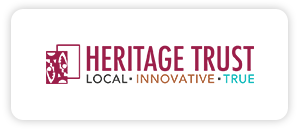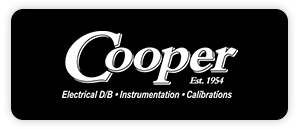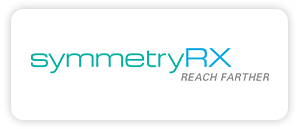Source: Joe Wallin, Startup Law Blog
Companies and service providers to companies frequently confront this question. Which is better: an Incentive Stock Option (aka a statutory stock option) (an “ISO”) or a Nonqualified Stock Option (aka a Nonstatutory Stock Option) (an “NQO”)?
What are the differences between ISOs and NQOs?
The table below summarizes the primary differences:
| Issue | ISO | NQO |
| Eligibility Limitations: | Only employees (so, a nonemployee member of the board of directors can’t receive an ISO). | Employees and independent contractors are both eligible. |
| Options taxable upon receipt? | No – as long as priced at FMV at grant. | No – as long as priced at FMV at grant. |
| Options taxable upon vesting? | No – as long as priced at FMV at grant. | No – as long as priced at FMV at grant. |
| Option taxable upon exercise? | Not for ordinary income tax purposes; but spread is taxable for alternative minimum tax purposes (“AMT”). Exercise NOT subject to employment tax withholding. | Yes for ordinary income tax purposes, and is subject to income and employment tax withholding. No AMT consequences. |
| Employment tax on exercise? | No | Yes |
| Annual limitation? | Yes; only up to $100,000 in stock underlying ISOs can become exercisable in any calendar year. | No |
| Special rule for greater than 10% shareholders? | Yes; options to greater than 10% shareholders must be priced at least 110% of FMV and not be exercisable after the expiration of 5 years from the date of grant. | No |
| Alternative Minimum Tax Applicable? | Yes, on the spread on exercise. | No |
| Character of income on sale of stock? | Long-term capital gain, IF the two holdings periods are met. You have to have held the stock for 1 year after exercise, and for at least 2 years after the grant of the option. If you don’t meet these two holding periods, then the income is a mix of ordinary and long-term or short-term capital gain, depending on the spread at the time of exercise and appreciation (if any) and length of time between exercise and sale. | Either long term or short term capital gain, depending on how long the stock was held after exercise. |
| Spread on Exercise Deductible to the company? | No | Yes |
Conclusion
I recommend NQOs over ISOs for the reasons I summarized in the article Should I Grant ISOs or NQOs?
To reiterate my arguments in favor of NQOs over ISOs briefly:
- ISOs are more complex and difficult to understand for a variety of reasons, including (a) the two holding periods, (b) the annual limitation, (c) the eligibility restriction, (d) the greater than 10% shareholder rule, (e) complexities associated with disqualifying dispositions, but most significantly because of the AMT consequences on exercise when there is a spread.
- It is easier for companies to simply have one type of award to explain to their service providers – NQOs.
- Most employees don’t meet the holding period requirements of ISOs in any event – because they wait to exercise until there is a liquidity event – so the primary benefit of ISOs – capital gain on sale of the stock – is not obtained.
- NQOs are more transparent than ISOs because the tax withholding on exercise is more easily calculated.
- The spread on the exercise of NQOs is deductible to the employer.
About Scale Finance
Scale Finance LLC (www.scalefinance.com) provides contract CFO services, Controller solutions, and support in raising capital, or executing M&A transactions, to entrepreneurial companies. The firm specializes in cost-effective financial reporting, budgeting & forecasting, implementing controls, complex modeling, business valuations, and other financial management, and provides strategic help for companies raising growth capital or considering M&A/recapitalization opportunities. Most of the firm’s clients are growing technology, healthcare, business services, consumer, and industrial companies at various stages of development from start-up to tens of millions in annual revenue. Scale Finance has multiple offices in the Carolinas including Charlotte, Raleigh/Durham, Greensboro, and Wilmington with a team of more than 45 professionals serving more than 120 companies throughout the region.







